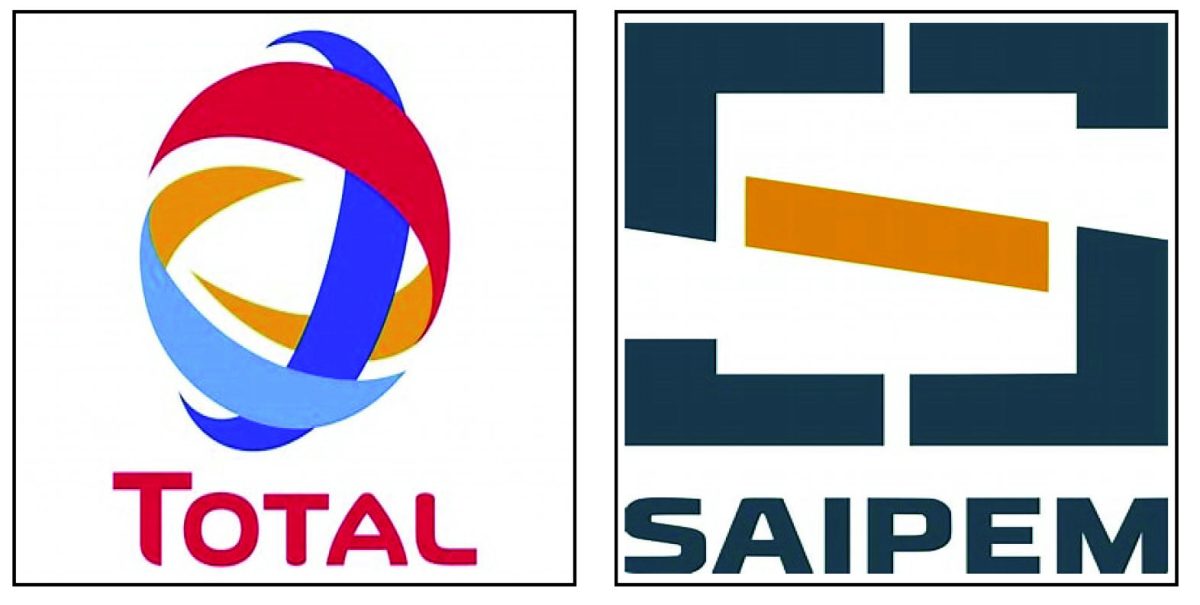Having basked in the glare of the global limelight that came with the country’s persistence in its search for a fortune-changing oil bonanza, Suriname has gotten down to the business of making way for its critical partner, the French company Total, in the allocation to the contractors who will undertake the various critical tasks associated with the oil-recovery end of the operations. The critical importance of the various facets of the oil recovery exercise, going forward, is reflected in a November 16 Reuters report that a total of US$3 billion in contract awards have already been concluded.
This development has occurred after the Dutch-speaking Republic had followed Guyana’s lead of announcing itself to the international community as an emerging ‘petro state’ by hosting outsiders to Paramaribo to participate in various oil-related fora as well as to undertake visits by state officials to countries across the world to announce itself as an emerging oil producer. The Reuters report on Suriname’s pursuit of oil in earnest included a disclosure that the Italian energy contractor Saipem had signed a US$1.9 billion deal with a subsidiary of TotalEnergies in Suriname for the subsea development of the country’s GranMorgu field. Reportedly, the French company TechnipEnergies and the Dutch company SBM Offshore were also awarded a contract worth US$1.1 billion euros ($1.1 billion) to build a floating production storage and offloading (FPSO) vessel on the project.
The Reuters report says that the Gran Morgu field is estimated to hold more than 700 million barrels of recoverable resources, with first oil expected in 2028. The commencement of oil recovery pursuits offshore will further shift global strategic attention to an area of South America which, up to less than a decade ago, attracted only marginal international attention.
Major oil discoveries offshore Guyana and Suriname over a period of less than a decade has been a major eye-catching development in a global community where oil holds a firm grip on its relevance as a hugely strategically important energy source.
What are now significant US and French interests in a once ‘forgotten corner’ of South America is bound to enhance its profile not just as a globally important energy ‘corner’ but also as a region possessed of considerable strategic importance. Guyana, up to less than a decade ago, was regarded as little more than a ‘backwater’ country and having realized positive results from its oil recovery pursuits has now significantly upped its strategic rating in the international community and neighbouring Suriname now appears to be heading inexorably in that direction.








